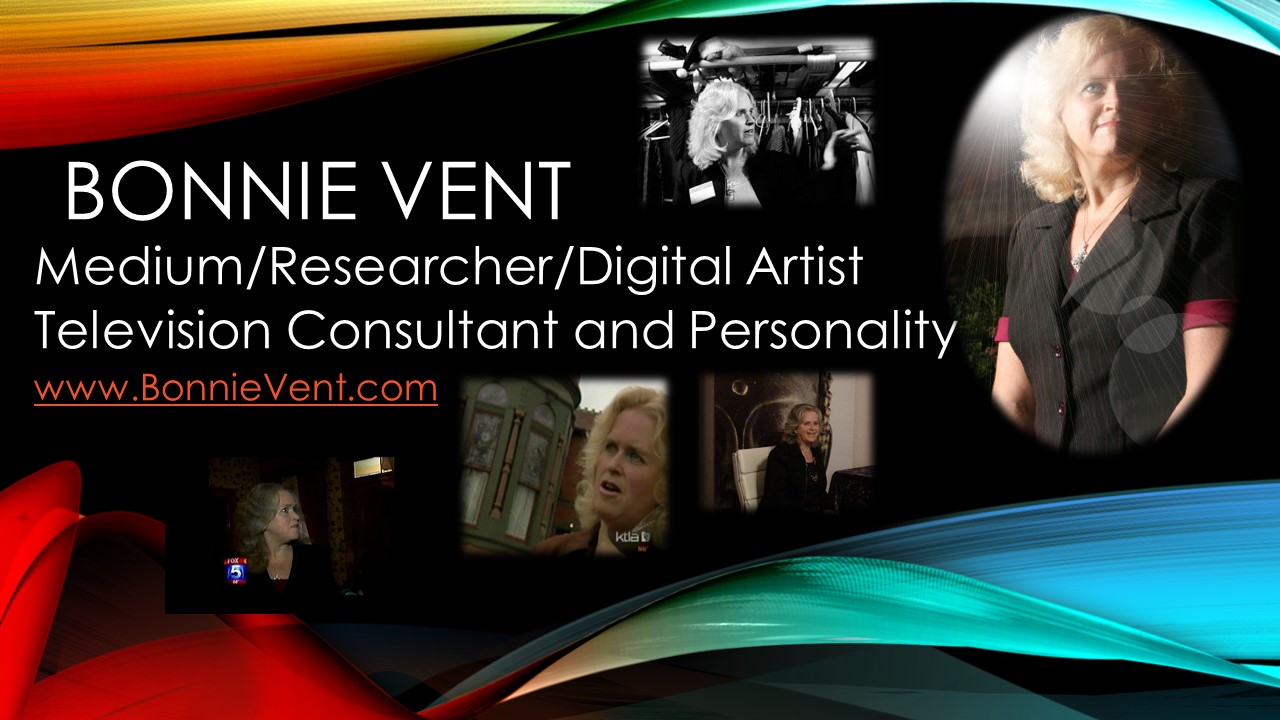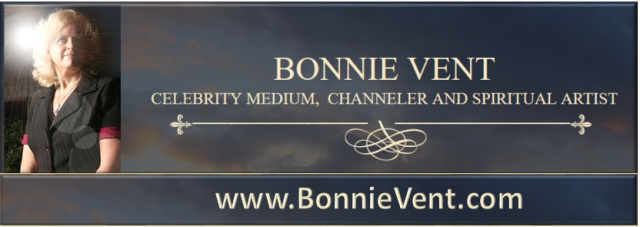(June 17) -- Haley Joel Osment shocked millions of American moviegoers when he said, "I see dead people" in "The Sixth Sense."
Turns out, what's really shocking is how many kids can actually communicate with spooks -- or at least feel they do.
So says Caron Goode, a Fort Worth, Texas-based psychotherapist and author of the new book "Kids Who See Ghosts: How to Guide Them Through Fear" (Weiser Books).
Goode says that while some kids play with imaginary friends, there are others who are convinced they are being visited by spooks and apparitions.
Well, are they?
Depends on your upbringing, Goode says.
"Are ghosts real? In some cultures they are and others they aren't," she says, adding that there are many factors that can make people feel they are seeing one -- including stress and their brain waves being in a "theta" or daydreaming state.
On the other hand, there are many people -- including Goode -- who have had experiences that they believe could only be caused by another entity and are not hallucinations.
So how can you tell if your kid's chat with his dead Uncle Leo is normal child's play or a paranormal experience? Well, age appropriateness is one way.
"Generally, children at the age of 2, 3 or 4 aren't able to distinguish between a ghost or a purely imaginary playmate," Goode says. "By the time they are 7, 8 or 9, they are able to distinguish between an apparition or a shadow on the bed."
Goode claims she knows this firsthand.
When she was 8, Goode was allegedly visited by the spirit of a bald, full-bearded man in a friar's robe who would stop by her room every couple of months to thank her for donating a dollar to the nuns at her Catholic school.
She says she didn't know much about him, but when she was a high school senior, she recognized him as a Capuchin monk named Padre Pio, who had stigmata during his adult life before dying in September 1968 and was later canonized as a saint for his ability to bi-locate, or be in two places at once.
Goode says the ability to pick up the paranormal often shows up at a young age, and one way parents can tell if their kids are really seeing something is the child's reaction to it.
For instance, if Junior thinks he sees a ghost and has a visceral gut reaction that makes him run to tell Mom or afraid to go to sleep, chances are it's not imaginary.
However, Goode says there is still some cause for debate. She cites a former patient named "Lucy," who allegedly started seeing ghosts after her parents divorced when she was 8.
"[The split] caused financial setbacks for both parents, who lived in apartments, and Lucy went back and forth between both homes, usually sleeping on the couch when she stayed with her dad," Goode says.
One night, while at her father's place, Lucy woke up and reportedly saw the ghost of a little girl pulling the quilt off her toes. She wasn't frightened, just sleepy, and she told herself that she'd close her eyes and if the spook was there when she reopened her eyes, the ghostly girl would be her friend.
According to Goode, the ghost followed Lucy home, and, eventually, she told her mom they had been conversing for a year.
Whether the ghost existed or not is, to Goode's thinking, open to interpretation.
"This mother thought the daughter created the friend to deal with a stressful time, but another mother might accept that it was really a ghost," she says.
"Some cultures are more accepting of ghosts or spirits than others," she says. "Also, the parents' reaction can have an effect. Some parents try to shut their kids down."
Although Goode says older children are more adept at distiguishing a true paranormal being from a shadow, parapsychologist Loyd Auerbach says younger kids are actually more likely to stay firm to their beliefs that they saw a ghost.
"Younger kids will stick to their story while the older kids are more likely to be acculturated to the idea that there are no ghosts," Auerbach says. "Sometimes, the parent might also see the ghost too, but not want to admit it.
"One way to tell the difference between whether the child is seeing something more than an imaginary friend is when they mention recognizable details about someone you know, such as a dead relative they never met."
According to Auerbach, parapsychology "is a parallel field" to traditional psychology, but there have been baby steps to link the two fields of study.
"In the last 30 years, there has been something called 'transpersonal psychology' that takes a person's religious, spiritual and psychic experiences into account and how they objectively impact the person," Auerbach says.
Still, even if child therapists acknowledge the possibility that kids might be seeing spooks, not every kid is a budding "ghost whisperer."
"Some kids have one experience, and some have a lot," Goode says. "Sometimes, these experiences can be attributed to stress, reactions to trauma, distress, fluctuating blood sugar levels or sleep deprivation -- even plain daydreaming.
"It is possible that the kid could just be talking to themselves, but you need to look at the behavior and see how the child is coping [with] stress," she says.
In addition, some personality types are just more spook-friendly than others.
"A child who is a 'doer' or a 'high achiever' will likely work their way through a problem and not really feel their way through it the way a more sensitive child might," she says.
Also, a kid who is truly intuitive will consistently claim to see spirits, but others will have just one-time experiences.
"My grandson was staying with me once, and he looked up at the ceiling at one point and said, 'Grandma,'" Goode says. "He never calls me anything but 'Eetsie,' so I believe he saw something. However, it hasn't happened since, and I don't believe he is intuitive."
But even if a child is able to see or feel ghosts consistently, that doesn't mean a parent should become a paranormal stage mom who forces the kid to hang up a giant neon hand and start reading fortunes.
"I was teaching at a school for intuitive children, and one of the mothers was talking about her boy's needs and abilities, and he was just bored out of his mind," Goode says.
Using her own intuitive abilities, she sensed he wasn't a very happy medium.
"I asked him, 'You're not into this, are you?' and he said, 'No.' So I influenced the mom to enjoy enhancing her own psychic ability and let her son do something he enjoyed," she says.
And enjoyment -- or the lack thereof -- is one reason why Goode wrote her book.
"I don't want kids going to bed scared and shaking," she says. "I don't want them to grow to be adults who are afraid of their environment. If this helps parents understand that their kid might need to take a toy sword and fight the ghost in order to work through this, I'll be happy."


